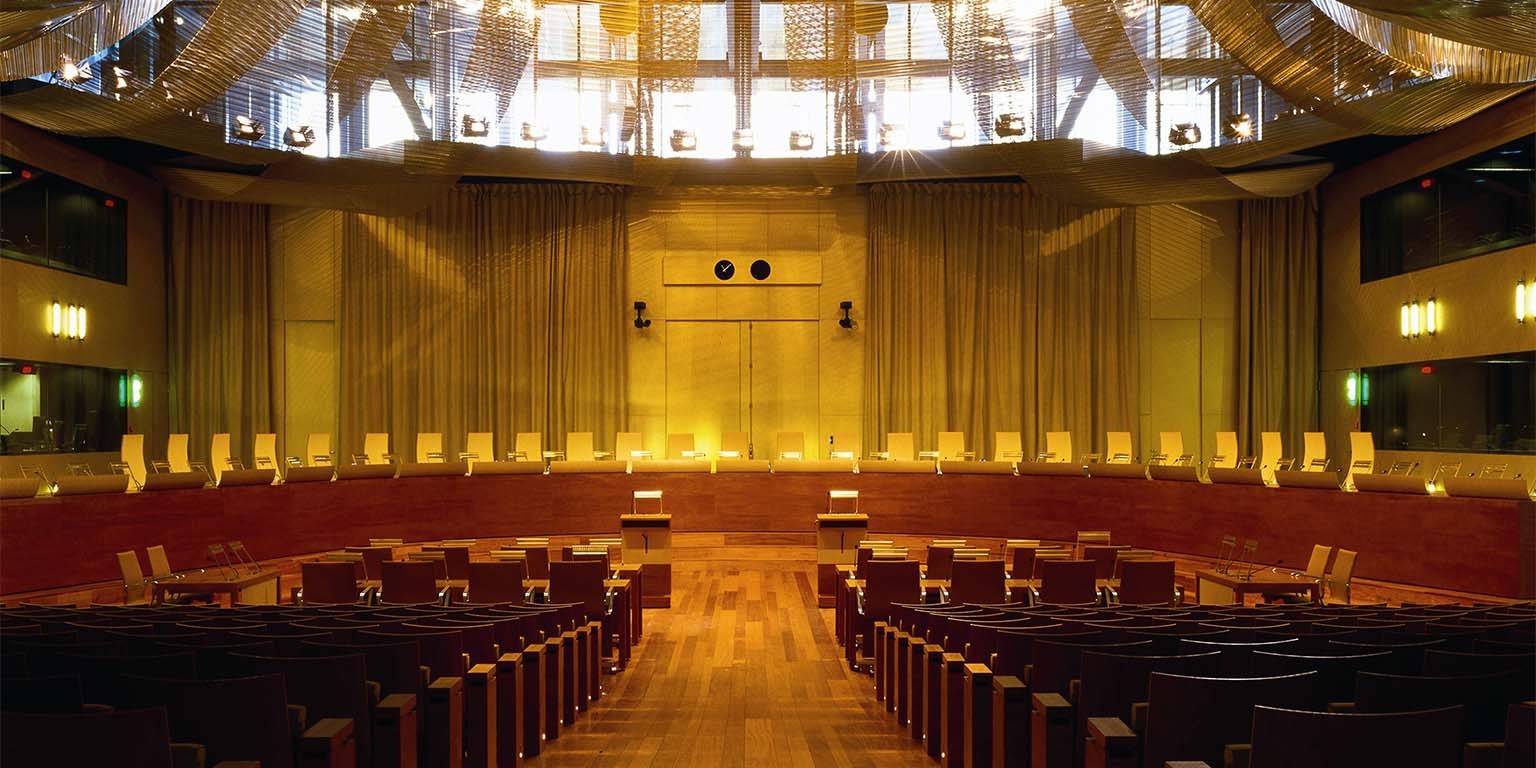
European Court of Justice rules on free access to EU standards, SBS urges caution
110 days ago
3 minutes
All standards, be it national, European or international are not freely accessible. Anyone who wishes to consult a standard, must buy that standard from a standardization institute and must respect copyright rules. That means that purchased standards may only be used by the licensed buyer and may not be put at the disposal of anyone who hasn’t paid for the access to the standard.
This principle of restricted access was contested in the European Court of Justice (ECJ). On 5 March, the ECJ has delivered judgment in Case C-588/21 P concerning public access to four Harmonized Standards under Regulation 1049/2001. The ECJ has found that there is an overriding public interest in the disclosure of these four standards and therefore annuls the European Commission refusal of free access to the four standards concerned.
With that however, the ECJ has not followed the proposal of the applicants and the Advocate General to exclude copyright protection for Harmonized Standards in general. Furthermore, the judgment does not call into question that access to documents under Regulation 1049/2001 may be subject to existing copyright rules, which may limit the right of third parties to reproduce or release documents.
SBS of which LEVA-EU is a member, reacted with mixed feelings to the court’s ruling. SBS defends the interests of SMEs in standardization. According to the organization, the ruling marks a pivotal moment in shaping the future of the European standardisation system and is likely to bring significant changes. Although the exact implications of the ruling and how it will be implemented are still unfolding, SBS emphasises the need to safeguard SMEs from any direct or indirect adverse effects on their participation in standardisation work.
While the ruling of the court on the accessibility of mandatory and harmonised standards provides SMEs with direct and public access to documents previously only available for purchase, SBS cautions against pitfalls that may emerge. It is of paramount importance to prevent a scenario where any loss of revenue from the sale of harmonised standards is offset by increased prices of other standards and/or higher participation fees in the national mirror committees contributing to their development, both of which would gravely hinder SMEs’ participation in standardisation.
SBS stands ready to engage with the broader European standardisation community to discuss the consequences of the ECJ ruling and its implementation. Maitane Olabarria, SBS Secretary General, commented: “European standards are vital for SMEs to benefit from the single market. SBS stands firmly behind the current European Standardisation system and its core principles. We will only be able to fully assess the practical implications of the ruling in the next weeks. Our primary concern is to prevent potential revenue losses from harmonised standards lead to increased costs elsewhere in the system, particularly those directly impacting SMEs.“
Annick Roetynck
Annick is the Manager of LEVA-EU, with decades of experience in two-wheeled and light electric mobility.
Campaign success
Lorem ipsum dolor sit amet, consectetur adipisicing elit, sed do eiusmod tempor incididunt ut labore et dolore magna aliqua.
Member profile
Lorem ipsum dolor sit amet, consectetur adipisicing elit, sed do eiusmod tempor incididunt ut labore et dolore magna aliqua.